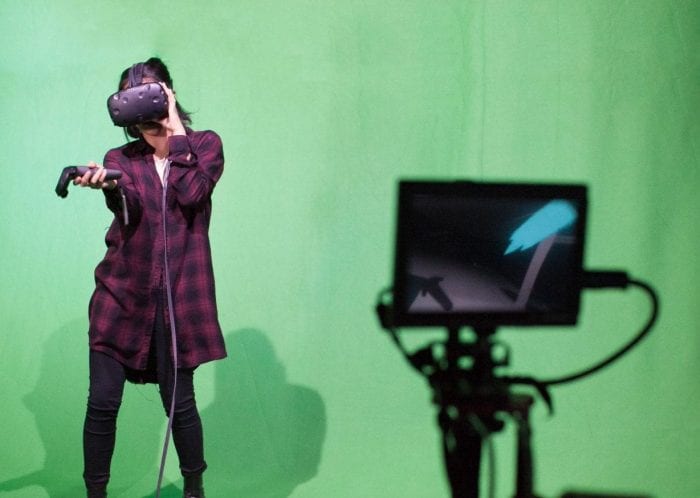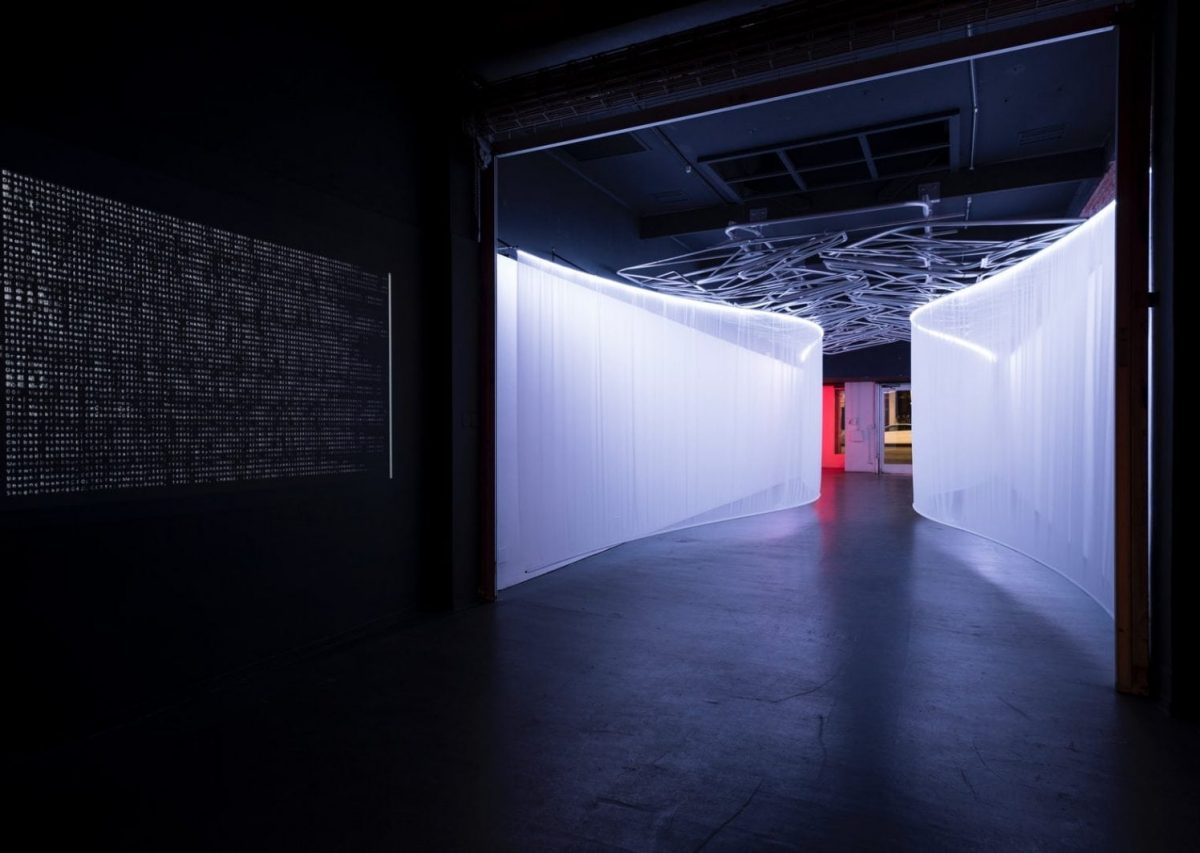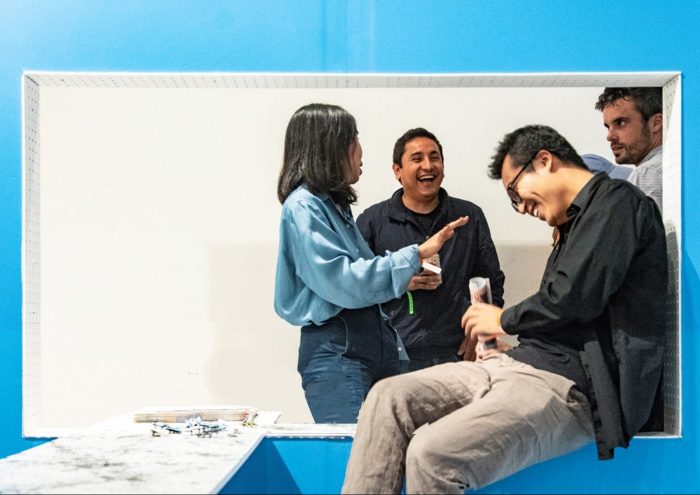Interior Design Pathways
A Spectrum of Possibilities
Interior spaces are the most immediate territories in our built environment that address the urgent cultural, social and political issues of our time. Beautifully designed interiors increase our well-being and provide spaces to collaborate, investigate environmental impact, incorporate technological advancements, and celebrate the vitality of the human condition. Our students experiment through design and making along a spectrum of the virtual to the physical: from game environments, exhibition design and event experiences, to film sets, product design and interior architecture.
Find Your Path
.
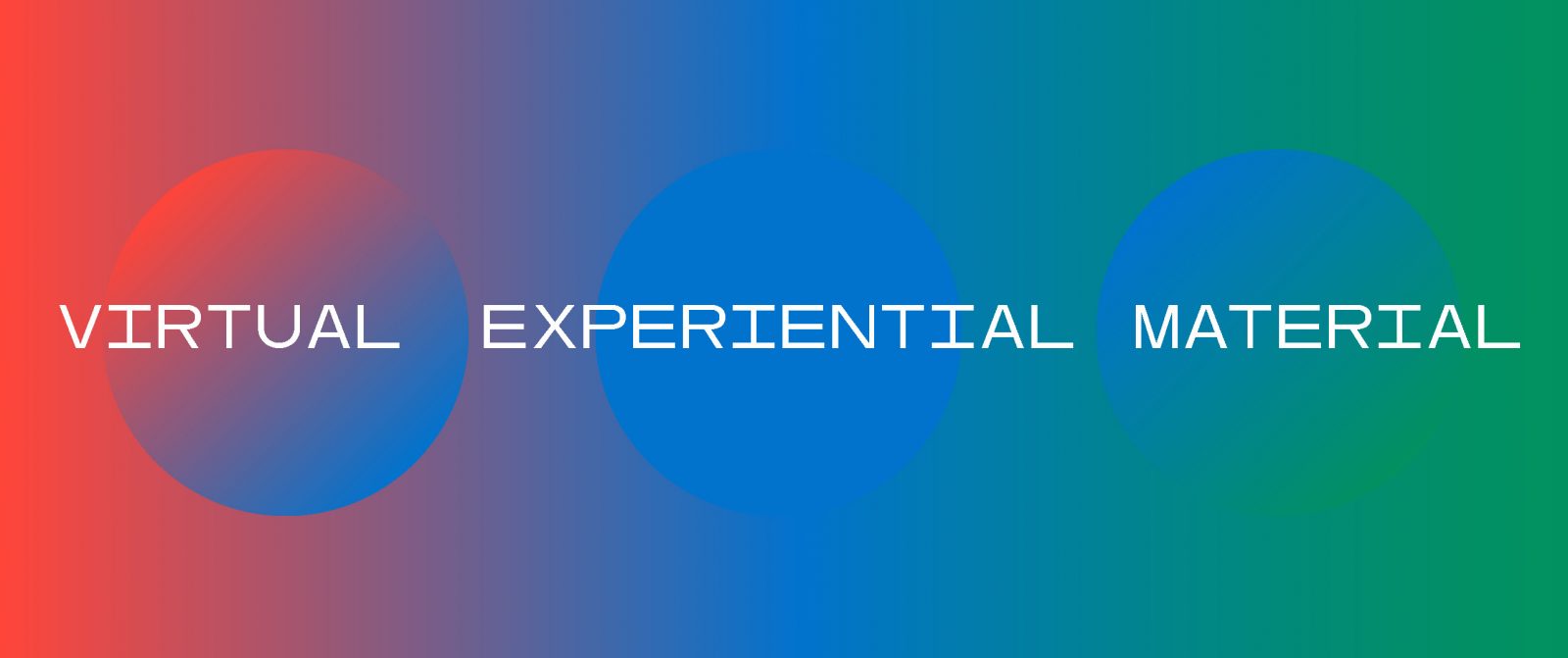
Virtual
Students can engage the new interior spaces of gaming and both virtual and augmented reality. Take advantage of resources such as our VR lab and the course offerings of our Game Design and Applied Computer Science departments.
.
Professions
Game Environment Design
Virtual Reality
Augmented Reality
Animation Environment Design
Minors
Game Design
Applied Computer Science
Animation
Experiential
Learn how to design commercial, residential and hospitality interiors for rooms and buildings. Design colors, materials, finishes, furniture, environmental graphics and more as you shape the experience of everyday life.
.
Professions
Set & Exhibition Design
Event Planning
Environmental Graphics
Interior Design – Residential & Commercial
Minors
Filmmaking
Graphic Design
Architecture
Psychology
Material
Design technologies and materials are changing rapidly, from 3D printing and CNC fabrication to the invention of new materials. Learn fabrication in wood and metal shops, a materials library, a digital fabrication lab, and a lighting lab.
.
Professions
Furniture Design
Jewelry Design
Fashion Design
Lighting Design
Minors
Fashion Design
Architecture
Graphic Design
Fashion Marketing
Alumni
.
Jacqueline Wei
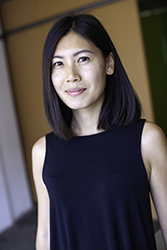
Jacqueline Wei is a Project Manager and Associate at CHU+GOODING with a profound interest in creating complete spatial experiences between people and their natural surroundings. An eager and devoted team member since 2014, Jackie has contributed her ideas and talents to a range of cultural, institutional and exhibition projects, including the UCLA Tiverton House Interior Refurbishment and multiple residential renovation projects.
Maria Kobalyan

Maria Kobalyan works for Rodarte. She holds a B.F.A in Interior Architecture with Honors from Woodbury University School of Architecture. She has currently launched a jewelry line [ver|texx] with her twin sister. Ver|texx focuses on an architectural approach where objects become starting points of your daily conversations.
Courses
The BFA program has 128 semester hours with 75 hours of major study, 45 hours in the liberal arts, and 9 hours of open electives. A portfolio review is required for students advancing from second-year studios into the upper-division studios. Students are also required to complete 128 hours of work experience. Explore the course catalog and find out about transfer articulations here.
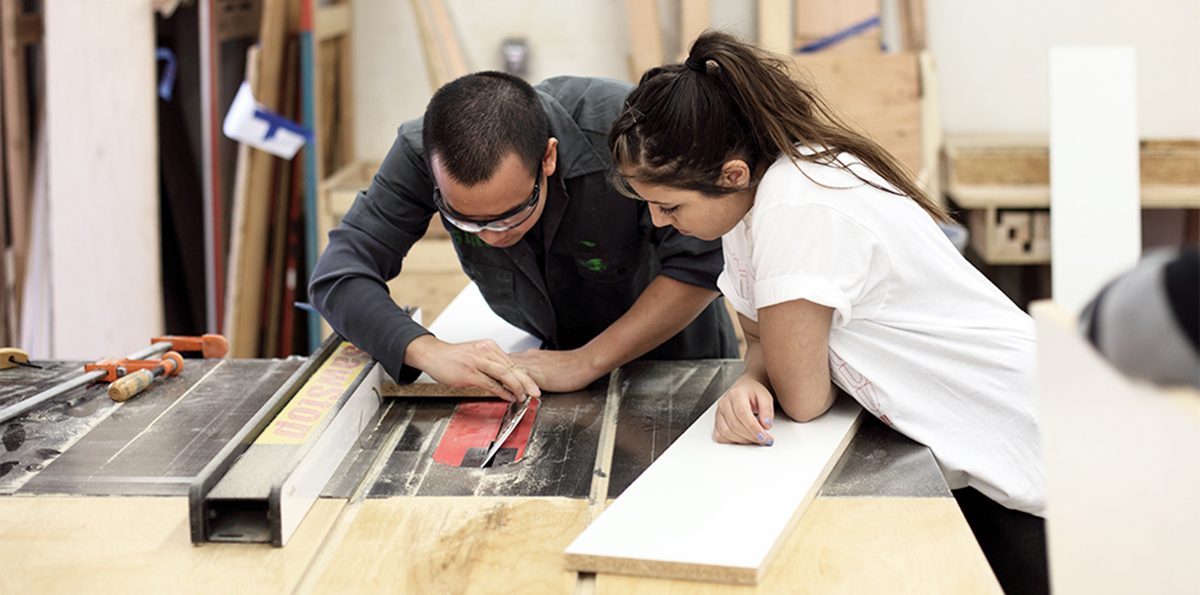
Facilities
Making Complex
The Burbank facility takes full advantage of the university’s academic offerings, student support services, comprehensive library, and residential campus life. At the same time, it offers specialized facilities including a wood shop, a metal shop, a materials resource library, a digital fabrication lab, a lighting lab, computing facilities, a render farm, and 24-hour access to studios, including a 15,000-square foot studio building.
Intelligent Lighting Laboratory
The Intelligent Lighting Laboratory allows the students to simulate lighting scenarios and explore through hands-on experience the effects of light on materials and space. It allows them to question the status quo of lighting design and to develop innovative ways of using lighting in architectural spaces. During their coursework new technologies are tested and the equipment and facilities help with the investigation of new ideas. Experiments investigate the impacts of these applications on both the experience of human users of architecture and energy consumption.
Materials Resource Library
The Materials Resource Library holds a large collection of physical samples and online resources, including a subscription to a comprehensive online material database called Material ConneXion. Samples represent a wide range of both standard interior finishes, and more experimental materials.
Advanced Material Testing Laboratory
The Advanced Material Testing Laboratory is equipped for its role as both a space for hands-on education and as a resource for cutting-edge research in the area of material science. It contains a range of equipment and technical support staff for the testing of material samples. Students can manipulate the interior space of the experimental environment with various materials and test the result to determine how color, surface textures, shade devices, lighting systems, and similar factors change the climate and perception of the space.
